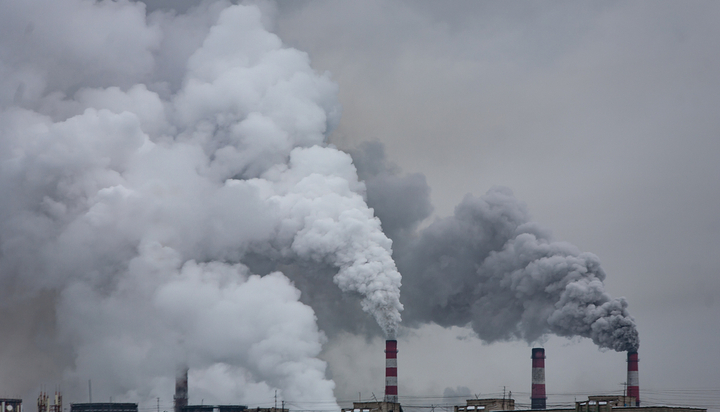Thursday 21 July 2022
Captured carbon since 1996 ‘heavily overestimated’

The amount of carbon captured and stored since 1996 is overestimated by up to 30%.
That’s according to a new report by Imperial College London, which claims that the ‘lack of consistent reporting frameworks’ has meant that the amount of carbon being captured has been overestimated.
The researchers found that 197 million tonnes of carbon were captured and stored between 1996 and 2020, which is still a positive achievement when it comes to climate mitigation but less than actually recorded.
Currently, thinktanks are responsible for the data available on captured carbon – but these only report on sites’ capacity, rather than carbon stored, the researchers claim.
Since no centralised framework is in place to monitor reporting, the actual impact these facilities are having on the environment is not truly known.
The report calls on legislation to be passed that makes facilities reporting actual data an obligation – to not only track their individual progress but also keep the progress of national emissions reduction goals up to date.
Author Professor Chris Jackson said: “We show that capture capacity is not the best way to measure storage rates, and that governments should ideally enforce the use of the bottom-line metric of carbon captured.
“By and large, carbon capture plants are operating well and are contributing significantly to climate mitigation – but measuring their success more accurately can only help this effort.”
Lead author Dr Samuel Krevor added: “Carbon capture has the potential to significantly alter the planet’s fate but unclear guidance means there’s no international consensus on how much has been stored so far, save for academic calculations.
“We urgently need clearly defined parameters so we know exactly where we stand. The nearly 200 million tonnes of climate-warming carbon removed from the atmosphere is significant but reaching this figure should not have relied on academic research.”




